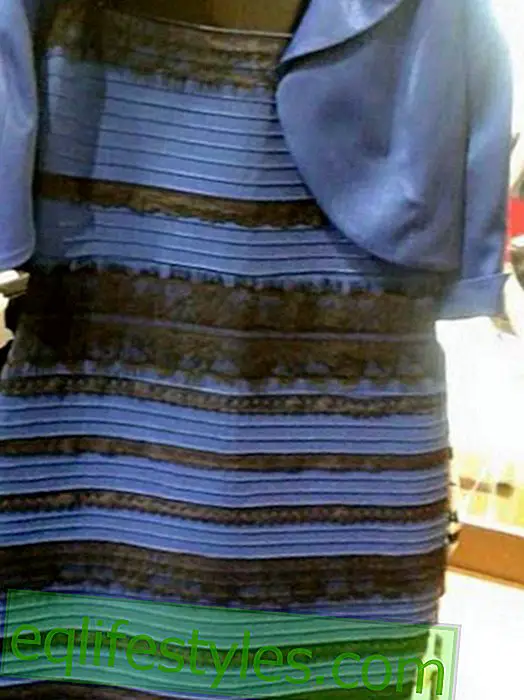If you do not have them, you want them. If you finally have them, you suddenly do not want them anymore, their period, their rule, their days. It is a natural phenomenon that is common to all women. No woman can escape from it, no woman can escape it - not before the first bleeding and certainly not before the last.

Photo: istock
- Menopause: A condition between young and old
- Many years of transition
- Menopause-related climacteric symptoms
- Enjoy life
First, the menstrual period is more and more often, until it finally does not occur at all. The menopause is reached. It's the last time the menstrual period arrives. A temporary limitation preceded by a complicated process.
Menopause: A condition between young and old
The ovaries produce fewer and fewer female reproductive hormones, ovulation is less common. It is the transition from the fertile to the infertile phase of life. For some, this already occurs at the age of 45, for the others only at the age of 55. Everything that happens around the 50th birthday is considered normal. Anyone who already has an ovarian or uterine removal behind him, it gets caught earlier. Even those who have smoked a lot in the past, can count on premature menopause .
Many years of transition
The menopause does not just come from one day to the next. It is preceded by a first section, which extends over several years. With the onset of premenopause, hormonal balance changes for the first time. The period becomes more irregular, ovulation is less common. The perimenopause follows the premenopause and describes the last two years before the menopause. This lasts until the menstrual period stops completely.
Menopause-related climacteric symptoms
Menopause is not a disease. It is a normal physical development, which brings about physiological menopausal symptoms due to the hormonal changes . Most women have to deal with the following conditions during menopause: hot flashes,
- Sleep disorders,
- Weight gain,
- Attention and memory weakness,
- Mood swings,
- Depression,
- Hair loss,
- Vaginal dryness and
- less desire for sex.
Enjoy life
Every second woman suffers from the "side effects" of menopause. With a healthy lifestyle, the right diet and enough exercise, the symptoms can be alleviated. Anyone who still suffers from severe symptoms should seek advice on hormone replacement therapy .
One to two years after the last period, postmenopause begins. It is the last phase of menopause and continues until the age of 65.









